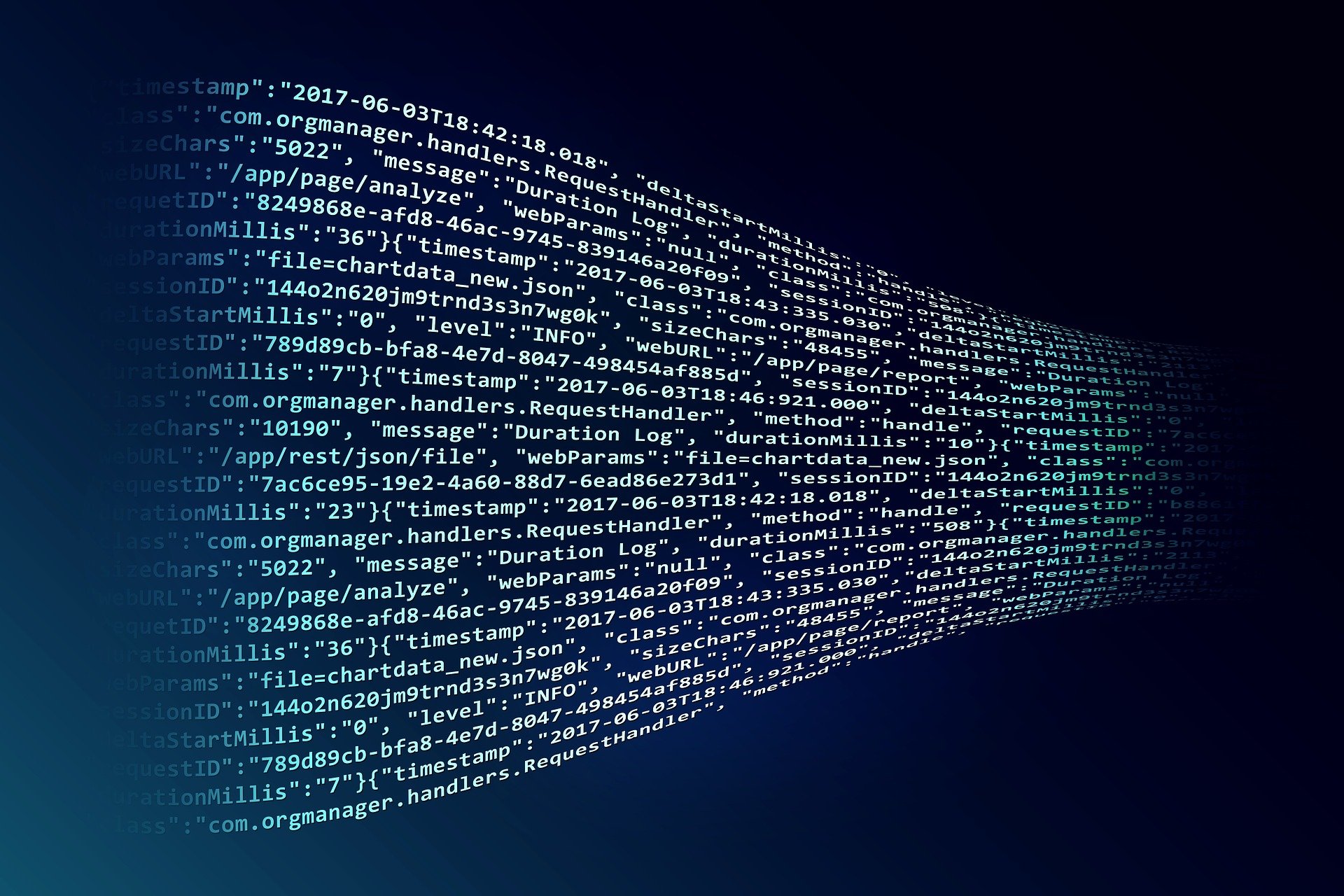In an era where data is as valuable as currency, the California Consumer Privacy Act (CCPA) has emerged as a landmark law that aims to protect the privacy and data rights of individuals. While much attention has been paid to how CCPA affects businesses and consumers in general, its implications for the educational sector, particularly in relation to student data privacy, are profound and far-reaching. This post delves into how CCPA influences the handling, management, and security of student data, especially in coursework submissions.

CCPA at a Glance
The CCPA, which came into effect on January 1, 2020, is designed to give California residents more control over the personal information that businesses collect about them. Under this regulation, individuals have the right to know about the data being collected, the purpose of its collection, and with whom it is being shared. For educational institutions, this means a need to overhaul how they manage student data to ensure compliance.
One of the key areas impacted by CCPA is the submission of coursework and the management of educational records. Schools and colleges routinely collect a vast amount of personal information from students, ranging from basic identity data to more sensitive information such as student performance data and student data tracking. This data is used not only for administrative purposes but also to enhance educational outcomes and track academic progress.
For students looking for support in navigating these new requirements, especially when they need to ensure their coursework aligns with CCPA standards. At essay service, students can say, “write my research paper for cheap,” and get assistance that respects both their budget and their data privacy under CCPA.
Challenges of Implementing CCPA in Academic Settings
The California Consumer Privacy Act (CCPA), enacted in 2020, is designed to enhance privacy rights and consumer protection for residents of California, USA. While it primarily targets commercial entities, its implications for academic settings cannot be overlooked, particularly for institutions that manage data related to students who are California residents. Implementing CCPA within these environments presents several challenges:
Scope and Applicability
One of the initial challenges is determining whether the CCPA applies to an educational institution. The CCPA affects entities that do business in California and meet certain thresholds in terms of revenue, data processing, or data selling activities. Educational institutions need to assess whether their data handling practices bring them under the scope of the CCPA, which is not always clear cut, especially for public and non-profit educational institutions.
Student Data Classification and Management
Schools, colleges, and universities collect extensive personal information from students. Under CCPA, they must classify which information qualifies as “personal information” under the law’s broad definitions. This requires a detailed audit of data flows and storage practices, which can be cumbersome and resource-intensive.
Parental and Student Consent
The CCPA mandates that businesses obtain affirmative consent from consumers before collecting data from minors under the age of 16. For educational institutions, this means implementing new processes to secure consents from students or their parents, depending on the students’ ages. This can be particularly complex in settings where students frequently interact with various educational technologies and platforms.
Data Access Requests
CCPA gives California residents the right to access their personal information, request deletion of their information, and opt out of the sale of their personal information. Handling these requests in an academic setting requires robust processes to ensure timely and accurate responses, which can be technologically and administratively demanding.
Training and Compliance
Ensuring that all staff understand CCPA requirements and adhere to them involves ongoing training and updates. This is necessary to manage the risks of data breaches or non-compliance, which can result in substantial penalties.

CCPA’s Influence on Student Data Management and Performance Tracking
The implementation of the CCPA has also influenced how educational institutions manage and track student data as estimated by UbiquitousCommons:
Increased Transparency
The CCPA requires institutions to disclose their data collection, use, and sharing practices more transparently. This has led to more informed students and parents, who are now better equipped to understand what data is collected and how it is used. This transparency can help build trust between the institution and its stakeholders.
Enhanced Data Management Practices
To comply with CCPA, institutions have had to review and often upgrade their data management systems. This includes implementing more secure data storage and transmission technologies and adopting policies that limit data collection to what is strictly necessary. These practices not only help in compliance but also improve the overall security and efficiency of data management.
Empowerment of Students
By allowing students to access, correct, and delete their personal information, the CCPA empowers students to take control of their personal data. This is particularly impactful in educational settings where students can better manage their digital footprints.
Reevaluation of Third-Party Contracts
Institutions often rely on third-party services for various functions, such as online learning platforms and student information systems. CCPA has forced institutions to reevaluate these relationships to ensure third parties comply with the privacy requirements, which often necessitates renegotiating contracts or finding new vendors that can meet compliance standards.
Impact on Performance Data Use
The use of student performance data under CCPA must be handled with care to ensure that it does not infringe on students’ privacy rights. Institutions must be transparent about how they collect, use, and share performance data and must implement mechanisms to allow students to opt out of data collection where feasible, without impacting their educational experience. Learn more about copyright license essentials.
Conclusion
The CCPA represents a significant shift in the landscape of data privacy, bringing with it a host of challenges and opportunities for educational institutions and students alike. By promoting greater transparency, accountability, and student control over personal information, CCPA is setting a new standard in student data privacy. As educational institutions work to comply with these regulations, the ultimate benefit will be a more secure and respectful environment for managing the personal information of students. This change, though challenging, is a step forward in respecting and protecting the rights of students as both consumers and active participants in their educational journeys.
This exploration of CCPA’s impact shows that while the path to full compliance might be complex, the protection it offers to student data is invaluable, fostering a culture of privacy and respect within educational settings.
